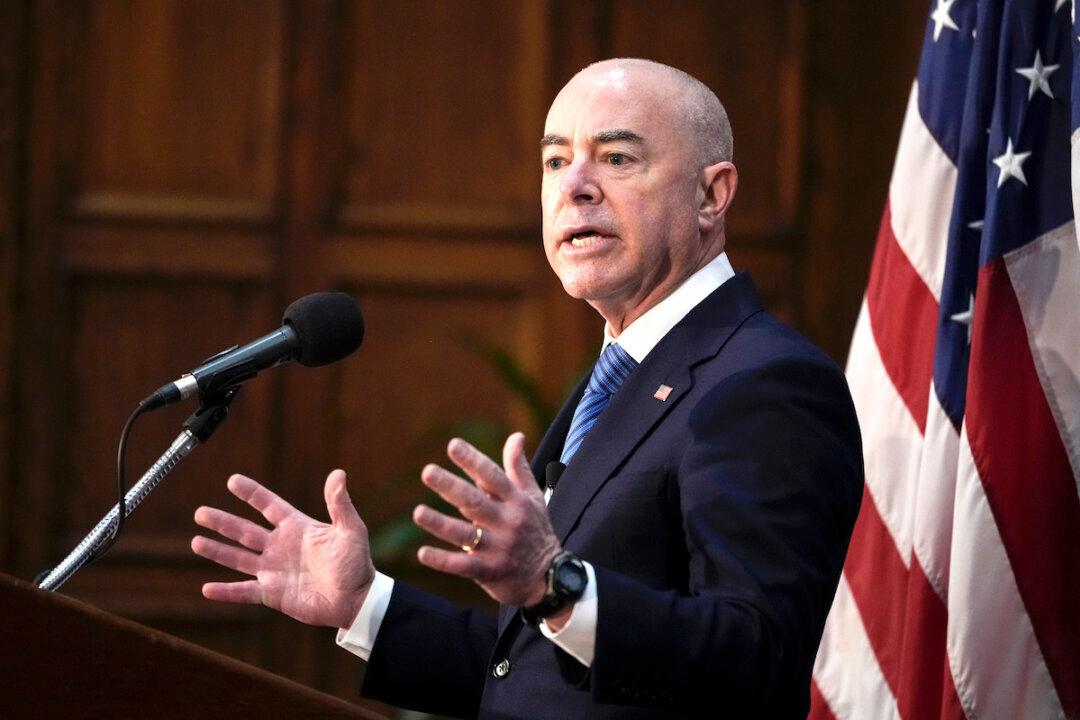The Department of Homeland Security (DHS) on Aug. 24 said it has officially shut down its controversial Disinformation Governance Board, months after the newly created entity was paused amid widespread concern that it would be weaponized against dissenting voices and become a tool for government censorship.
Homeland Security Secretary Alejandro Mayorkas “has terminated the Disinformation Governance Board and rescinded its charter effective today, August 24, 2022,” the department said in a statement.




